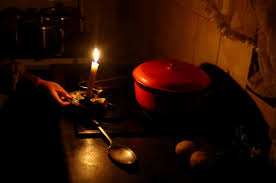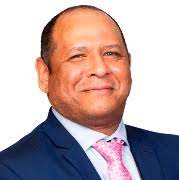 By Naadiya Adams
By Naadiya Adams
That is the sentiment shared by activist Lulu King.
Many South Africans believe the period which runs from the 25th of November to 11th December, is redundant as there has been no change.
While speaking to Radio Islam, Lulu King, a rights activist says she too was sceptic but she soon realised that “An unmitigated amount of attention is drawn to the cause and we are able to use this time to open conversations and dialogues in way that we generally just don’t. So, it has become not just 16 days of platitude when it comes to GBV but its 16 days where we can dedicate time to open discussions in our homes, in our schools and in our office spaces.”
Change takes time and must start with the youth; King believes the responsibility lies with every individual to bring the discussion home.
According to the United Nations, one in three women worldwide will experience physical or sexual violence – mostly by an intimate partner. Dr. Shaheda Omar of the Teddy Bear Foundation says the shortcoming lies in authority’s response to GBV when its reported.
“We are finding that our law enforcement is failing our women and children. The responses that enlisted by the very people or systems that are supposed to protect them are failing them in how they receive them at station level and scoffed and frowned upon.”
The broader problem Omar says is that GBV and child abuse are co-occurrences and families are being destroyed because people are not fulfilling their mandates to respond adequately and timeously, at the end of the day it is the children who suffer the most.
“Violent men come from cycles of abuse,” says King. Societies across the globe have repressed the emotions of boys for generations. Boys are taught that they are not allowed to cry, and they’re taught to deal with aggressive emotions through hitting things. The situation is exacerbated by an unhealthy level of masculinity according to King.
She also explains how children who suffer abuse, tend to become perpetrators of GBV later in life. Which is also fueled by high levels of drugs, unemployment, poverty and depression that plagues the male society. Men are not encouraged to address mental health issues says King.
“There’s been a shift in the sense that because of the platform, because of government, the President has declared this a national pandemic. The national strategic plan on GBV has responded to specific pillars in terms of accountability, response, care, support, and prevention,” says Omar.
Omar says the platform has opened community dialogue and engagement on the ground not only with women and girls but men and boys as well. Through engaging at all levels of the community, corporates and faith-based organizations, people are motivated and encouraged to come forward and to realise it is there right to be heard.







0 Comments